Joseph S. Nye, Professor, Harvard University
Sep 06, 2024
As the US presidential election draws near, many are wondering what it will mean for American foreign policy. The answer is wrapped in uncertainty.
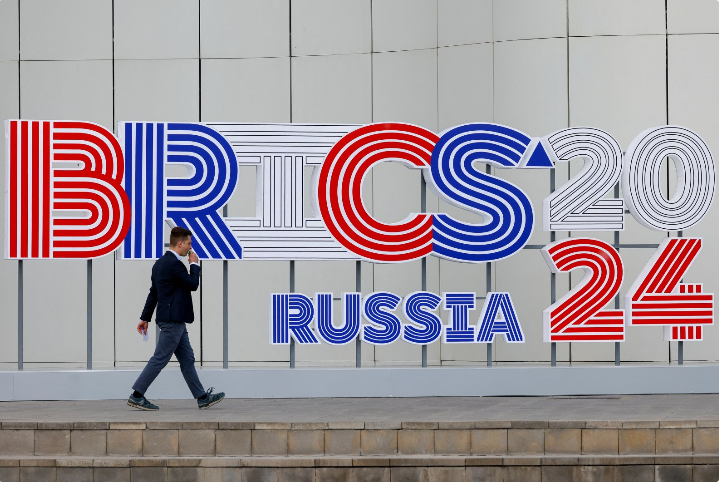
Wang Youming, Senior Research Fellow of BRICS Economic Think Tank, Tsinghua University
Sep 06, 2024
The main object is to forge a BRICS bloc that is both big and strong — one that can push for rebalancing global governance and bring about a fairer, more just and reasonable new international order.
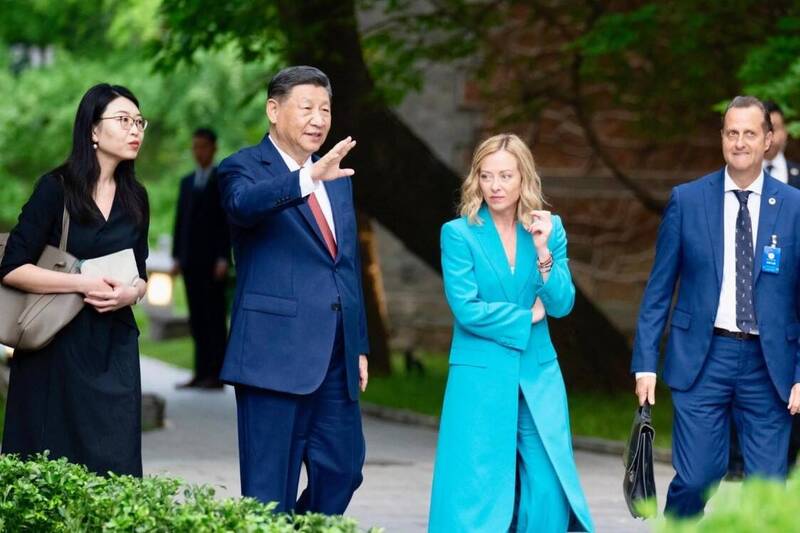
Sebastian Contin Trillo-Figueroa, Geopolitics Analyst in EU-Asia Relations and AsiaGlobal Fellow, The University of Hong Kong
Aug 30, 2024
The Italian Prime Minister’s visit to China offers key insights into the state of Sino-European relations, the evolution of de-risking strategies, and China’s response to this challenge.
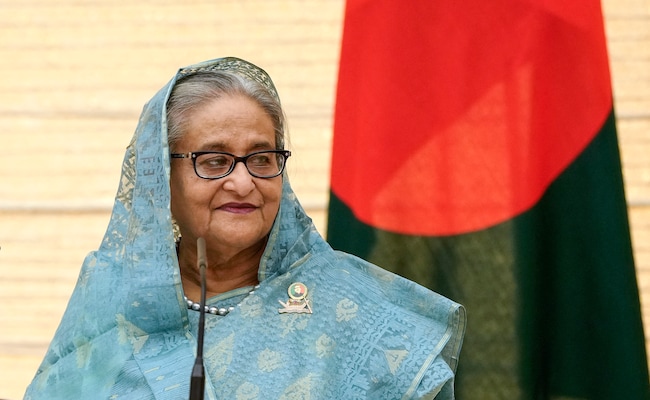
Ananth Krishnan, Director at The Hindu Group, and AsiaGlobal Fellow at University of Hong Kong
Aug 30, 2024
The political turmoil in Bangladesh offers governance lessons for the Global South and serves as a cautionary tale for developing nations pursuing reforms. And as key partners like India, China, and the U.S. re-engage with Dhaka, they should consider broadening their relationships beyond the ruling party.

Brian Wong, Assistant Professor in Philosophy and Fellow at Centre on Contemporary China and the World, HKU and Rhodes Scholar
Aug 23, 2024
Italy’s nascent Meloni administration has made no secret of its intention to divert from the previous regime’s warm approach to China. Even with its withdrawal from the Belt and Road Initiative, the door still seems to be open for a different kind of investment into Italy for China - so long as Meloni’s cabinet sees a tangible benefit for Italy.
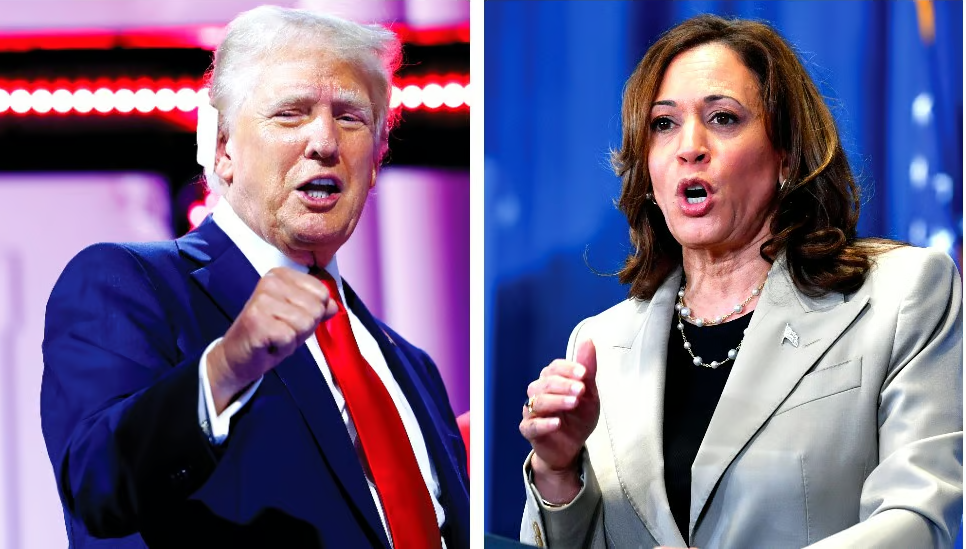
Christopher A. McNally, Professor of Political Economy, Chaminade University
Aug 23, 2024
The upcoming presidential election in the United States could significantly impact China-U.S. relations, though it’s uncertain how each candidate will ultimately approach Beijing. Neither major candidate is perceived as being willing to improve the bilateral relationship at this point, so things could very well get worse.
Chen Xin, Senior Visiting Fellow at Institute for Global Cooperation and Understanding, Peking University; Research Fellow at New Zealand Asia Institute, University of Auckland
Aug 23, 2024
The island nation’s Maori traditions help it navigate alliances and multilateral partnerships in a world where geopolitical currents are continually shifting. With China as its largest trading partner, New Zealand in a delicate position: It must balance its economic interests with its alliance relationships and commitments.
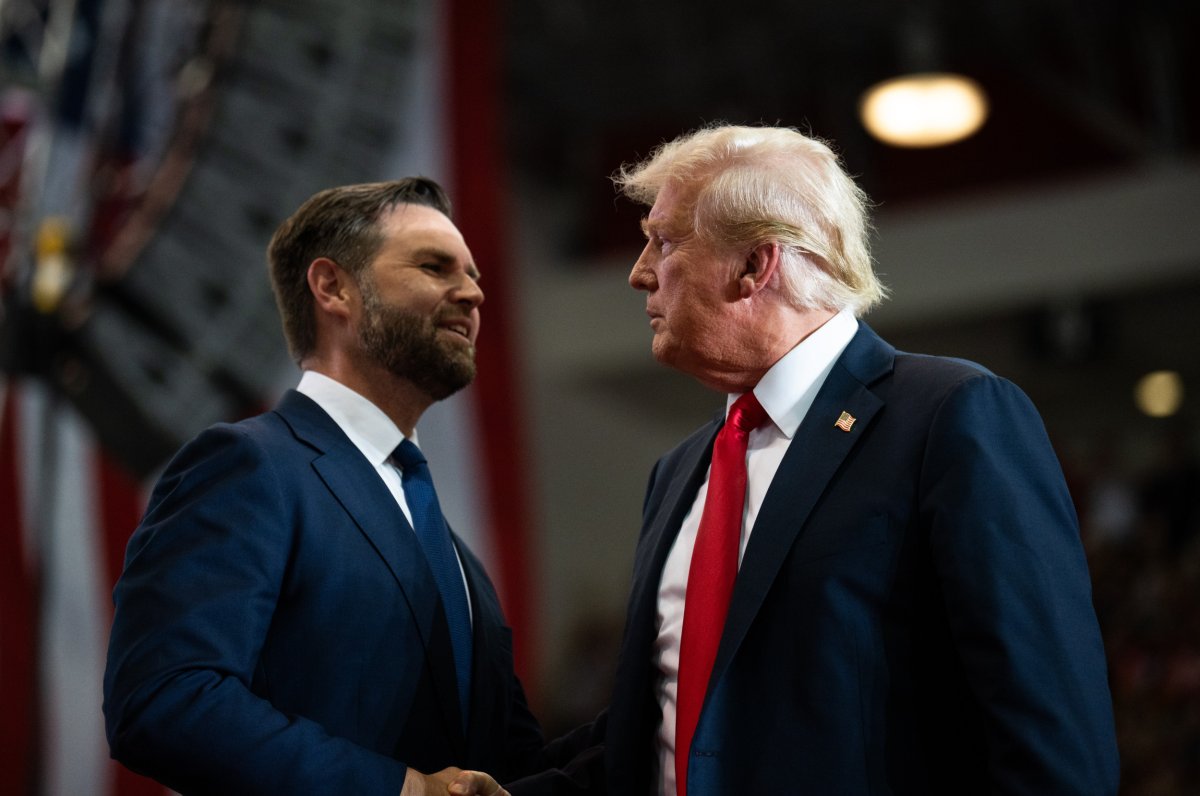
Mallie Prytherch, Researcher at Centre on Contemporary China and the World, University of Hong Kong
Aug 16, 2024
J.D. Vance’s stance on the American struggle in order to achieve the American dream holds parallels to his China policy, and Washington’s China policy more broadly. Americans’ views on China are similarly paradoxical, as they see China as an adversary but do not prioritize it as one.
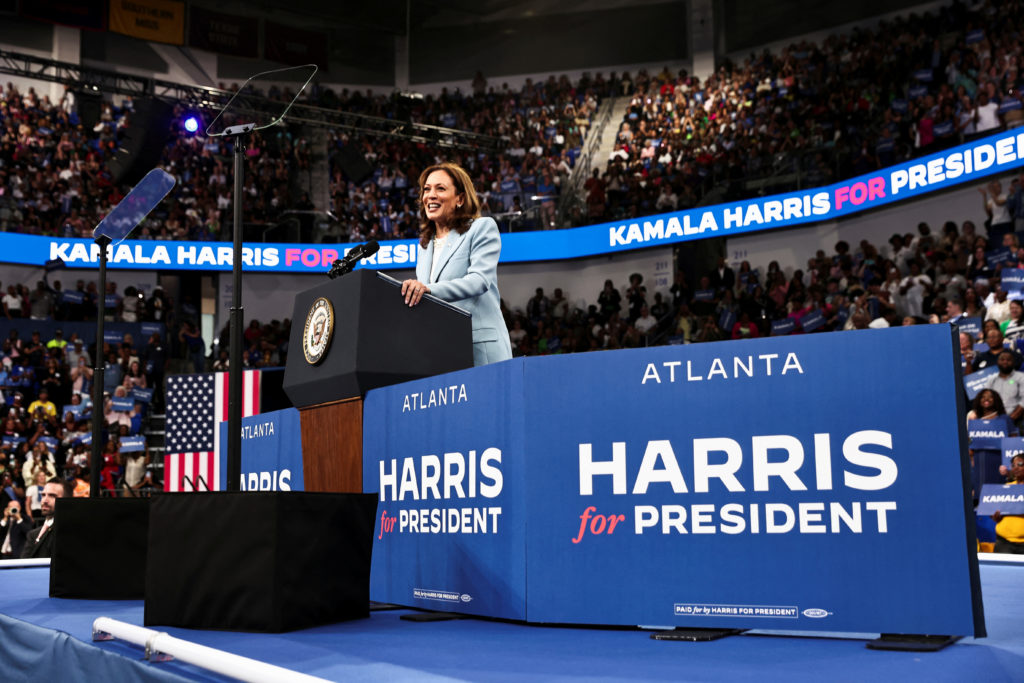
Brian Wong, Assistant Professor in Philosophy and Fellow at Centre on Contemporary China and the World, HKU and Rhodes Scholar
Aug 16, 2024
If Harris, the current vice president of the United States, is elected president in November, her administration will likely not make radical changes to America’s existing China policies, although some nuanced adjustments could occur in areas such as combating anti-Asian racism and fostering economic stability. Those hoping for improvements should remain realistic about the slim odds of that happening.
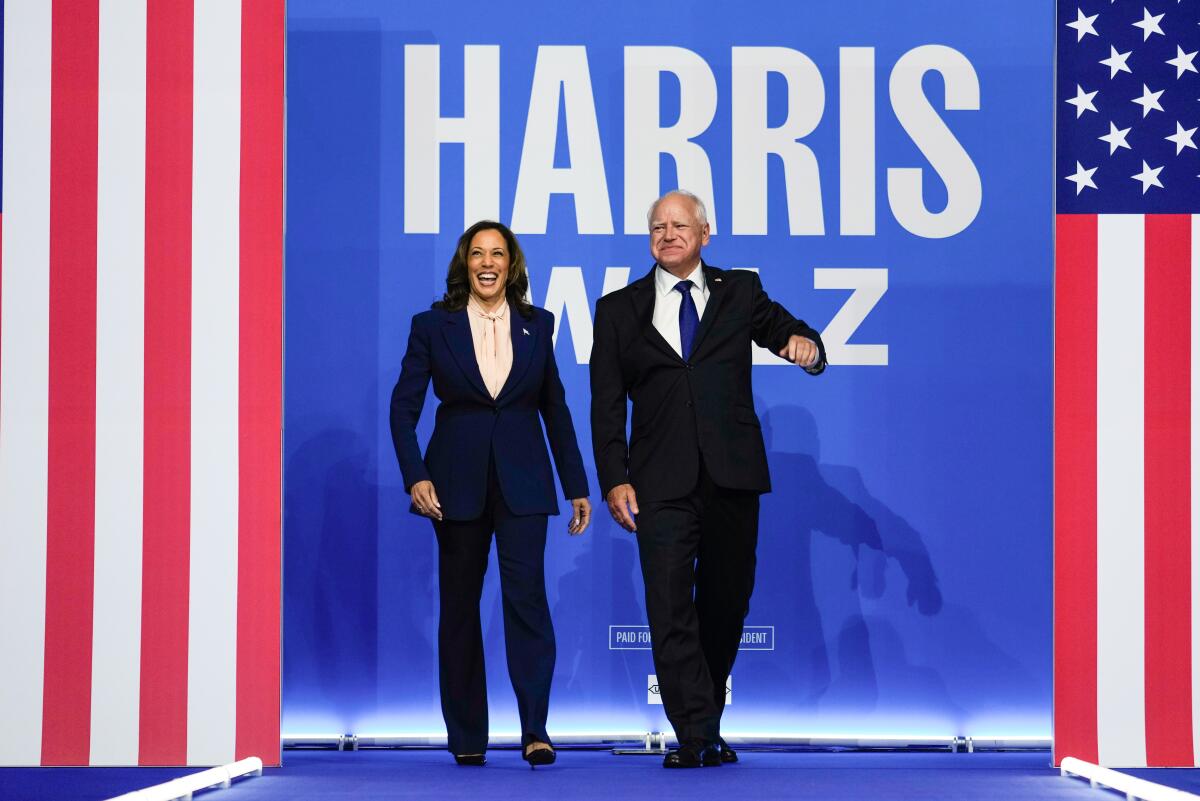
Philip Cunningham, Independent Scholar
Aug 09, 2024
The critique of Tim Walz’s China experience reflects an effort by some to raise concerns about his background and character, yet much of the narrative appears to exaggerate a fairly ordinary and educational journey abroad. Even more, it’s important to recognize that Walz's experiences provide him with a nuanced perspective, reflecting hard-won observation and original thought born of humility, respect, and a willingness to listen.